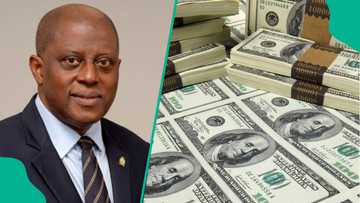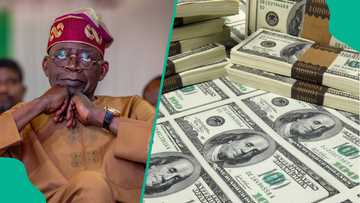FG Repays China, World Bank, IMF, Other Loans as Nigeria’s Debt Hits N144.6 Trillion
- The Nigerian government serviced debts of about 13.12 trillion in 2024, representing a 68% increase from N7.8 trillion in 2023
- Data from the Debt Management Office (DMO) shows that debt servicing costs in 2024 exceeded the allocation of N12.3 trillion in 2024
- The Nigerian government earmarked N16 trillion for debt servicing, showing its expectation for continued debt-related expenses
Legit.ng’s Pascal Oparada has reported on tech, energy, stocks, investment and the economy for over a decade.
According to reports, domestic debt service cost for the year under review stood at N5.97 trillion, representing a 14.15% increase from N5.23 trillion in 2023.
The increase is due to higher interest rates and rising domestic borrowing.
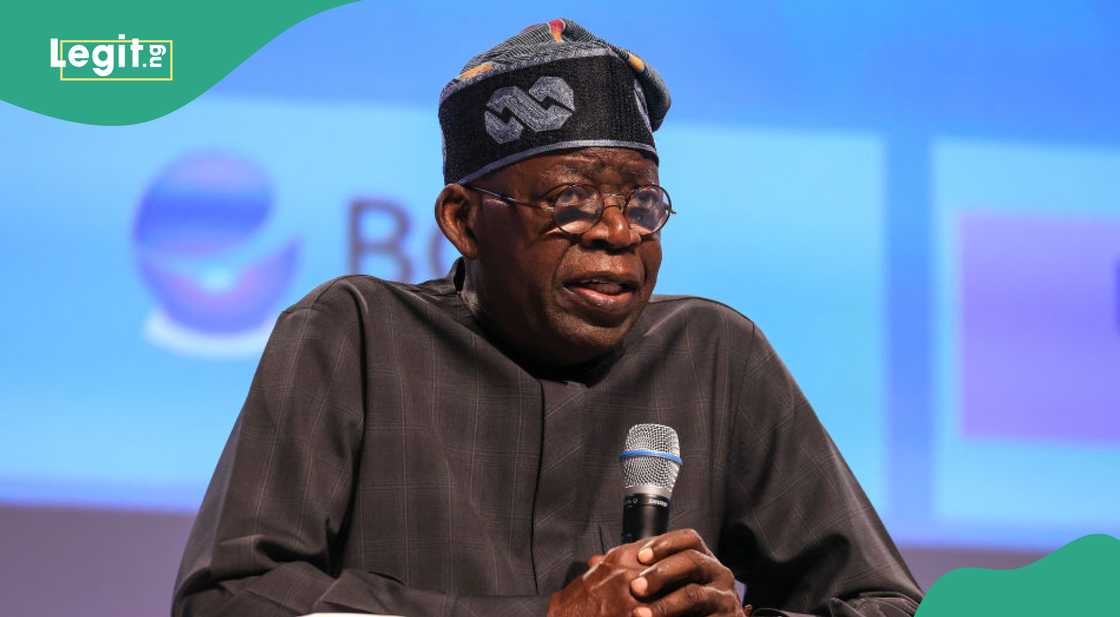
Source: Getty Images
FG debt servicing cost increases
Nigeria spent about $4.66 billion on external debt servicing, an increase of 167% from N2.57 trillion recorded in the previous year.
The increase in debt servicing costs is due to increasing global interest rates and the naira depreciation, which made dollar loans more expensive.
An analysis of the data shows that domestic debt continues to account for a major part of Nigeria’s debt-servicing expenses, despite the increase in external debt servicing.
Nigeria’s debt service last year increased by 36.27% to about N5.97 trillion, relative to N4.38 trillion in 2023.
The increase is about N1.59 trillion, showing the growing debt service burden on Nigeria.
DMO data shows that most of the domestic debt service last year was due to the Federal Government Bond, which accounted for N4.69 trillion, a 78.59% increase.
That represents an increase from N3.66 trillion, showing a rise of N1.03 trillion or 28.2%.
FG's domestic debt rises
FGN Bonds' dominance in the domestic debt service profile shows the government’s reliance on long-term debt financing for its budgets.
This marks an increase from N3.66 tn in 2023, indicating a rise of about N1.03 tn or 28.2 per cent.
Nigeria’s Treasury bills contributed about N747.15 billion to the total domestic debt service last year, relative to N326.12 billion in 2023.
The figure represents a 129% increase, showing a rise in the interest burden from short-term borrowing instruments.
Top sources of domestic debt
Other contributions to domestic debt services include the Federal Government Savings Bonds on FGN Sukuk Bonds, which saw interest payments of N6.38 billion and rentals of N158.43 billion.
Punch reports that FGN Green Bonds recorded a debt service of N2.18 billion, the same as in 2024.
Promissory note principal repayments rose to N265.86 billion in 2024, relative to N277.16 billion in 2023.
The amount represents a slight decline of 4.08%, showing a reduction in promissory notes.
External debt servicing grows
Further findings showed that Nigeria’s external dent service for last year increased to $4.66 trillion relative to $3.50 billion in 2023.
The amount represents a yearly increase of about 33% of $1.16 billion.
DMO data shows that most of the external debt service for last year was paid to commercial creditors with $1.47 billion.
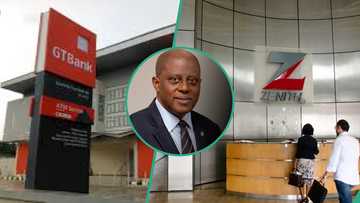
Read also
Zenith, UBA, GTCO, 4 other Nigerian banks surpass N4trn profit mark amidst economic challenges
They include Eurobonds at $1.15 billion and multilateral creditors at $2.62 billion.
Top sources of FG’s external borrowing
The largest part in the category was paid to the International Monetary Fund, which got $1.63 billion, representing about 62.2% of the entire multilateral debt service.
World Bank’s International Development Association (IDB) received $663.23 million in debt servicing.
Others include the African Development Bank and the International Bank for Reconstruction of the World Bank.
Bilateral creditors were the third-largest group, receiving $570.67 million in debt service.
The Exim Bank of China received the most money in the Bilateral creditors group, with $362.60 million, 63.5% of the debt payments.
Others include Agence Française de Développement with $66.45 million and Germany at $35.91 million.
World Bank clarifies CBN funding
Legit.ng reported that the World Bank clarified that the $10.50 million funding for the Central Bank of Nigeria was not a loan but a grant.
A source at the World Bank reportedly disclosed that the amount came under the Finance for Development Multi-Donor Trust Fund as part of a partnership between the global lender and the CBN.
Nigeria sought to borrow $10.50 million to boost CBN’s technical capacity and modernise the country’s domestic payment infrastructure.
World Bank’s $10.5om to CBN is a grant
The World Bank’s website had described the apex bank as a borrower for the project.
However, due to the statement, further findings revealed that the amount was meant as a grant to support the project.
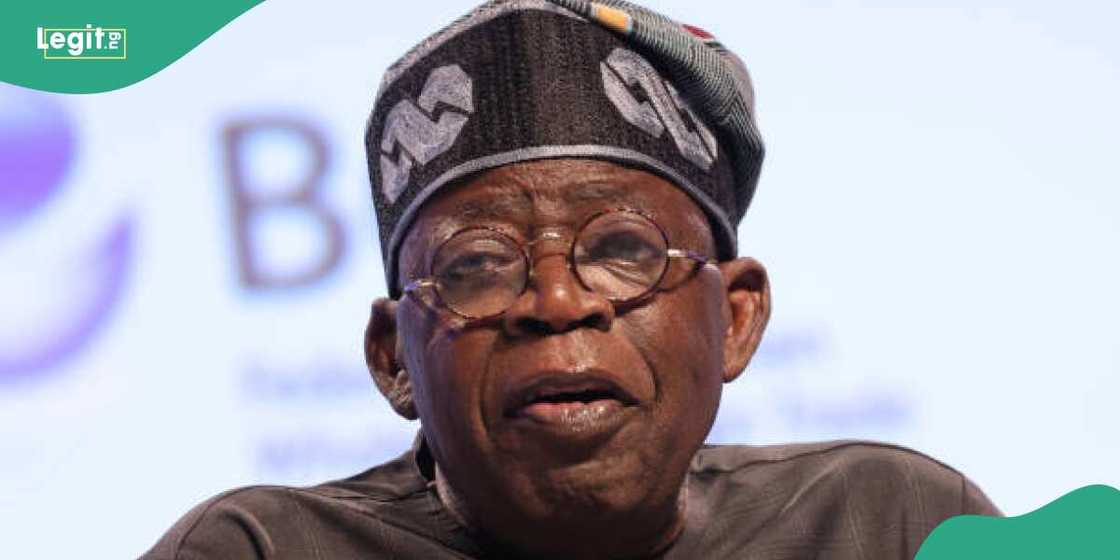
Source: Twitter
Punch reports that the World Bank often lends to Nigeria under the IDA and IBRD.
Nigeria receives $1.13 billion loan from World Bank
Legit.ng earlier reported that the World Bank reports that Nigeria's loan request of $1.13 billion has been granted.
Details on the bank's website on Wednesday show that three separate financing requests for projects aimed at improving nutrition, household and community resilience, and quality education were accepted in March.
According to the World Bank, on March 31, $552 million for the "HOPE for Quality Basic Education for All program" and $80 million for the "Accelerating Nutrition Results in Nigeria 2.0" project were authorized.
PAY ATTENTION: Сheck out news that is picked exactly for YOU ➡️ find the “Recommended for you” block on the home page and enjoy!
Source: Legit.ng


